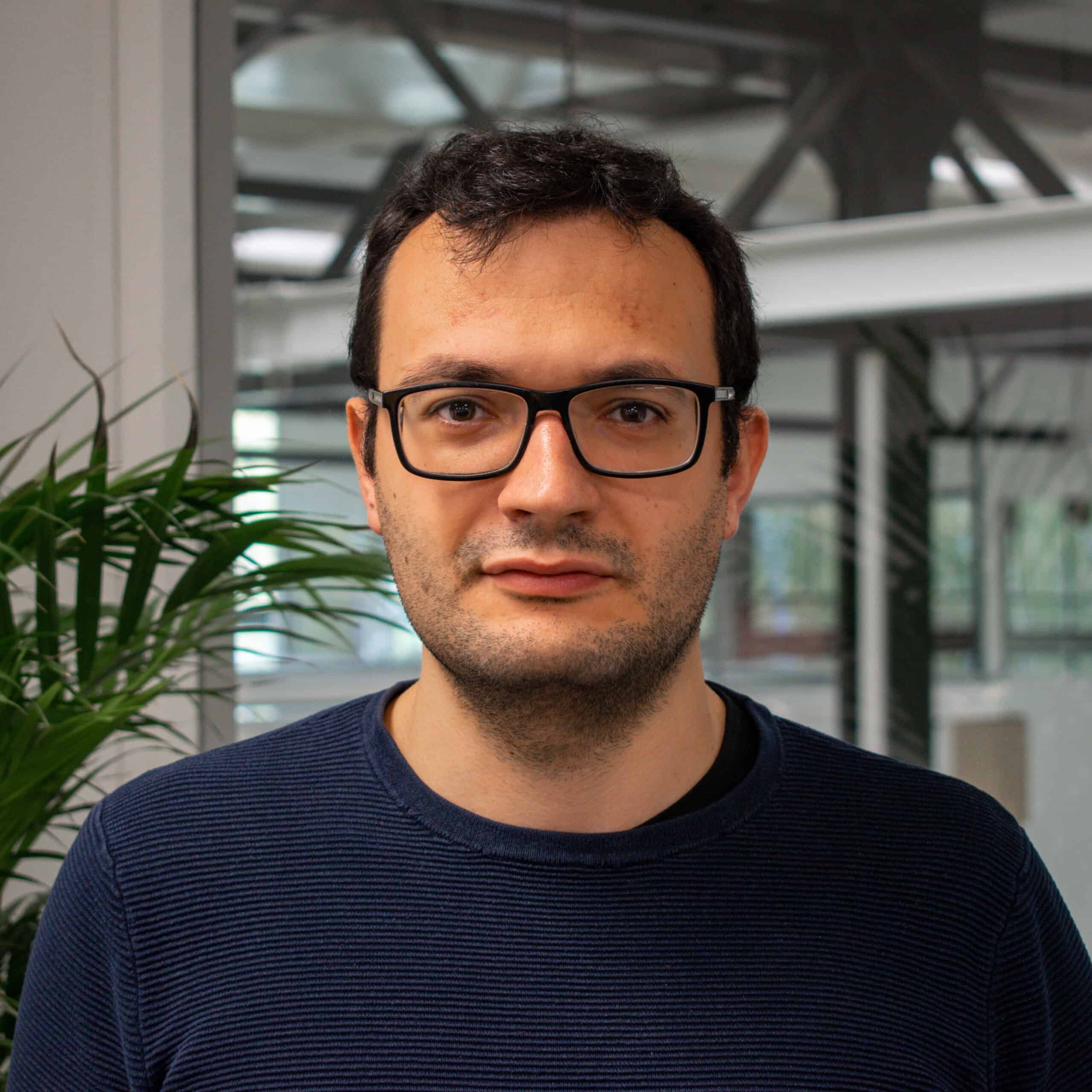
On the stage of the VivaTech Summit last month, French President Emmanuel Macron announced 500 million euros in funding to create AI champions and put France at the forefront of “this new industrial revolution”.
- France’s Macron announced €500 million of investments into AI.
- As the country excels in training scientific talent, the ecosystem is helping startups to grow.
- Meanwhile, EU regulation on AI is coming into force.
The package will create several regional clusters – hubs where universities and companies work together – and two or three world-class centers of AI excellence. Macron’s stance is to push new AI developments in France to change the balance of an English-dominated domain.
During his speech at Europe’s largest tech fair, yearly happening in Paris, Macron gave more details on the investments. €500 million – half funded by the EU – will be used to build an exascale supercomputer for training AI gigamodels. €50 million will be invested in improving the supercomputer Jean-Zay – France’s most powerful supercomputer for research – and €40 million will finance a challenge on general use AI. The same sum will be spent on developing databases in French. Moreover, €200 million are for cultural projects produced digitally.
Talent nurturing
In 2021, French Secretary of State Cédric O said that over two billion euros would have gone into French tech in the following five years, emphasizing talent training. In truth, talent is one of the strengths of the French ecosystem, per Jean-Matthieu Schertzer, a data scientist and trustworthy AI expert. “Many French are part of teams behind the largest language models worldwide. It has to do with the strong tradition of mathematical and statistics teaching and research,” he explains.
The plan unveiled in 2021 defined several objectives regarding talent nurturing and attraction. France aimed to train and finance no less than 2000 undergraduate students, 1500 master’s students, and 200 additional theses per year by 2025. Furthermore, the government’s strategy aspired to recruit 15 world-class foreign scientists.

Unicorn farm
Like the rest of the European ecosystem, startups have easy access to funding in their early stages, while different can be said about larger rounds. “The size of the ecosystem isn’t always large enough to finance larger rounds worth hundreds of millions. Therefore, companies would move to the US. However, this problem has been mitigated,” Schertzer adds.
Mistral AI, for instance, raised €105 million in June – a month after being set up. The company, founded by former Google and Meta researchers, will develop a new generative artificial intelligence model that will rival OpenAI and Google’s DeepMind. Dataiku and Shift Technology, two other AI companies – the former created a tool for enabling machine learning on any data, and the latter an AI-based insure tech business – reached unicorn status a few years ago.
France is now home to 27 unicorns – companies with over a billion dollars of valuation – with 8 more firms reaching this status last year – the target of having 25 unicorns was originally set for 2025. More funding and more AI-based unicorns are also expected in the coming years.

Jean-Matthieu Schertzer
Data scientist and AI expert
He worked as a data scientist for H20.ai and Quantmetry.
Regulation
As AI developments rampage, the EU is stepping in to introduce regulation. Last month, the Parliament voted on the EU AI Act legislation, with lawmakers now busy finalizing the law. In the same speech at Viva Tech, Macron called for regulations that don’t slow down development. The regulation aims to strengthen rules around data quality and transparency. Most importantly, it introduces different risk levels – low to prohibited – to classify AI applications.
“It’s very complex to create links between fundamental rights and how to regulate an AI system. Still, no one has found a way to regulate them, so it’s still a long way to go, but I think using this classification is the right way to tackle the problem,” states Schertzer.
He sees the law’s rigidness as a drawback. “If a new high-risk or prohibited issue emerges, not unlikely in a fast-developing environment, the Commission would need to find an agreement to add it to the list of high-risk use cases,” he warns. “Who knows what will be needed three or four years from now? That’s the general challenge for regulation, but honestly, I don’t think the EU could have done much better.”

Transparency on both ends
In light of the new rules, developments can’t inevitably be as fast, as they’ll require additional and extensive documentation checks. Amid rising privacy concerns, the EU chose not to let big-tech companies self-regulate.
“I think it’s important to have some framework for the regulation; otherwise, responsibility will be completely shifted on users if obligations are not enforced. AI developers might say to their users that they’re fully responsible for using that tool, and they wouldn’t publish any documents, thus with a low level of transparency, which would be a big challenge for users,” the data scientist underlines.
Establishing a framework can assist companies in evolving their approaches and improving their ethical standards. “It helps companies set up a more pragmatic and enforceable approach to adopt while developing their technologies. However, companies will still have to wait, most likely until 2025, for the technical guidelines and details of Obligations stated in the AI Act. These details will come as so-called Harmonized Standards, yet to be produced by Standardization bodies,” Schertzer clarifies.
Claiming a spot
Facing the fierce competition of other European countries – with Germany and the United Kingdom on top of the list – and American and Asian ones, the French AI ecosystem is one to watch in the years to come.







